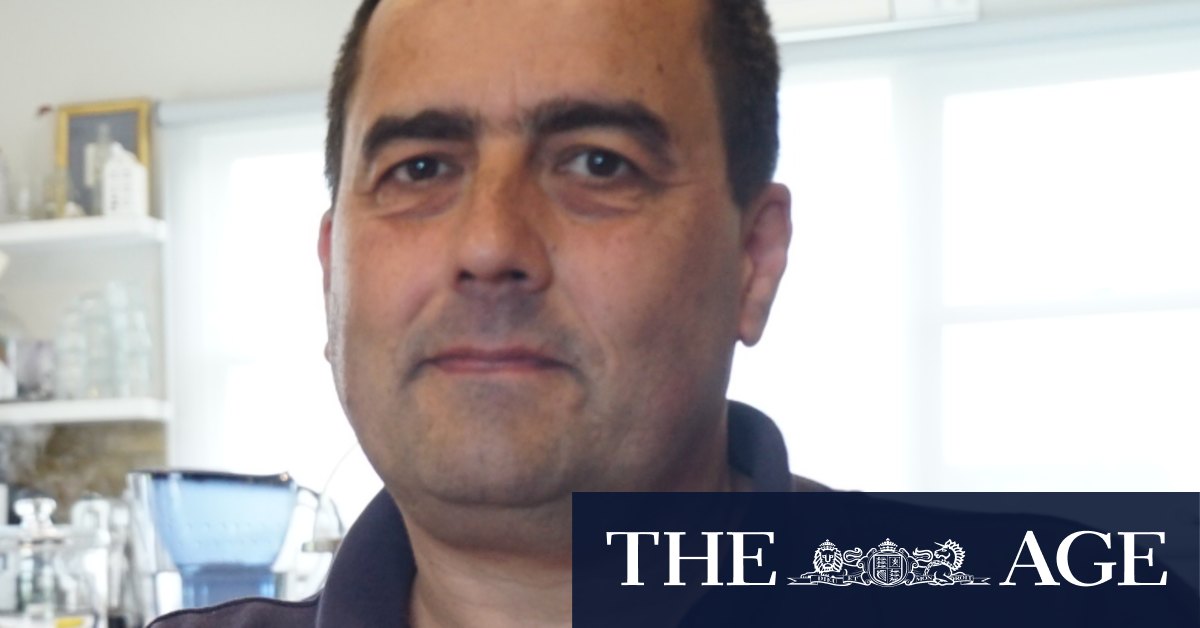Affected people, the opposition and Greens only learned about it when contacted by The Sunday Age.
“While the Victorian government is not considering making ex gratia payments for those Victorians who were unable to travel home during this period, it does acknowledge the distress and disruption that the border restrictions generally created,” the government said in response to the ombudsman.
“It also acknowledges the frustration and challenges that people experienced when attempting to obtain an exemption.”
The government did not directly respond to questions from The Sunday Age. A spokesman said the border closure was necessary because of the ferociousness of the Delta outbreak in NSW, the risk of incursion, and low vaccination rates at the time. The government had also warned against traveling to NSW.
“We did everything we could at the time to remind Victorians of the risk we were facing… but we also acknowledge that it was a very difficult time for many Victorians interstate.”

Cars line up at the Victorian border.Credit:Jason Robbins
Garcia’s application to enter Victoria was repeatedly rejected, or expired, with nobody to contact for proper guidance.
Residents applying for a permit had to specify the date they planned to cross the border. The date often passed before the application was processed, nullifying it.
“What would make me happy is if they said: ‘We got it wrong, the processes need to be improved, we acknowledge there was no empathy shown to people, and in future this will never happen again’,” Garcia said.
“That’s all, I’m not putting my hand up for money. I don’t want compensation.”
He has not received an apology from the government, although some others have by email.
The ombudsman is still considering the government’s response.
Once it is finalized, as part of a two-year review into the government’s progress on recommendations in all her reports, it will be tabled in parliament. Glass declined to comment until then.
In her report last year, Glass said discretion under the blunt system was unnecessarily narrow. Staff had 30 to 60 seconds to deal with applications, most of which did not even make it to a decision-maker, with only 8 per cent of exemptions approved.
The government gave people only 12 hours to cross the border before it closed on July 20, a restriction that remained in place even once Victoria’s infection rate eclipsed NSW’s.
loading
The opposition has long criticized the government during the pandemic. Labor has since changed its tactics with the more infectious new strains of COVID-19 and high two-dose vaccination rates, acknowledging in the lead-up to the November state election that public acceptance of mandates has waned.
Shadow health spokeswoman Georgie Crozier on Saturday said the border closure was the “most cruel and inept of many kneejerk decisions” and had caused unnecessary suffering.
Greens spokesman for health Dr Tim Read said residents did not need to be kept out of Victoria once the virus was spreading in the state.
“An apology and compensation, particularly for those on low incomes who were paying rent in two states, would be the least the government could do.”
Melbourne father Clint Fisher ended up living in a caravan park, away from work, for six weeks in Scotts Head, on the NSW mid-north coast, after his car broke down when the Delta variant first cut loose.
He applied to return home – which everyone described as a confusing process – when his car was fixed, but his application repeatedly expired before it was seen to.
“I was lucky enough to be in a beautiful spot and surfing and stuff. I was probably one of the lucky ones and I still found it incredibly frustrating and distressing because I didn’t know when I’d see my family again.”
Fisher did not participate in the ombudsman’s investigation and did not receive an apology – which he was satisfied with, accepting the need to close the border.
Melbourne woman Jo Howard, who was on a working holiday in northern NSW when the state was cut off, has received an apology from the government.
She waited for a permit for weeks at the border in a cheap studio cottage. Double-vaccinated, and with a negative PCR result every two days, Howard was frustrated she couldn’t drive home with no stops to quarantine alone.
“The problematic thing was the bureaucracy,” Howard said. “The difficulty for everyone was just not knowing… Not knowing where it’s going to end, I think that’s what started to get to me, at the end.”
Howard, who did not participate in the ombudsman investigation, has left those feelings behind her. She said she did not expect more than the apology email she received.
The Morning Edition newsletter is our guide to the day’s most important and interesting stories, analysis and insights. Sign up here.
